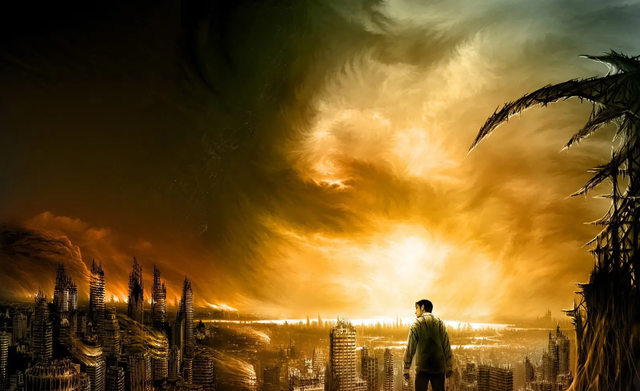How long can humans survive on earth? This is a question that many of us want to know, and i believe that we do not want to wake up to a "Purgatory" Like venus, and hope that the earth can remain alive forever, so that we humans can continue and our generations can survive on earth forever. If the earth's environment were to change drastically and become an extremely hot planet like venus or mercury, then naturally everything in the world, including humans, would not be able to exist.
From the earth's perspective, the earth will not become as harsh as venus or mercury for quite some time to come. After all, the process of a planet going from a habitable state to a desolate one is a very long one, and may take many billions of years. Having said that, this does not mean that we humans can rest easy, on the contrary, we may actually face some catastrophe from time to time, because no one knows which will come first, the catastrophe or tomorrow. The famous scientist mr stephen hawking and other scientists have warned that the earth could face a series of disasters, some of which could easily wipe out the planet's life.
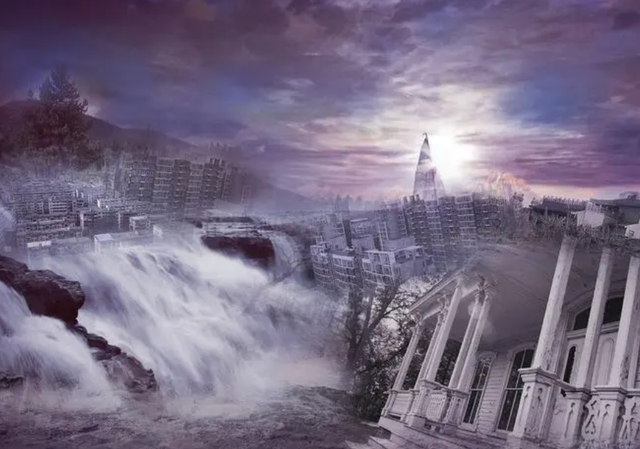
Risk of asteroid, comet impacts on earth
Talking about asteroids is actually not new to us, as we often read about asteroids hitting the earth causing dinosaurs to disappear from the planet. Asteroids and comets are small objects that are not explosive in themselves, just rocks or other volatile materials that would not be a threat if they were left at rest, but they are a threat to us because they are very fast and very massive. Imagine a large rock coming at us from a distance at great speed, how much energy would it have on impact? Under normal circumstances, those asteroids and comets travel at speeds of several kilometres per second, and can even reach more than ten or tens of kilometres per second, and the mass of these asteroids and comets may be as high as several trillion tons. Once such a fast and large asteroid hits the earth, it will be enough to create a huge impact crater on the surface of the earth, if not destroy it.
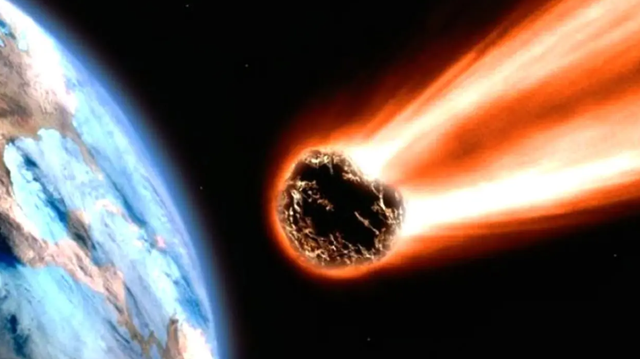
The energy released by an asteroid or comet impacting the earth would be enough to instantly vaporise life around the impact crater, and life further away would be destroyed by the debris from the impact. Although life on the other half of the planet will not be lost as a direct result, the dust and other problems caused by the impact of asteroids and comets will leave many creatures in a difficult situation. Because the dust will block the sun, plants will not be able to photosynthesise effectively and will not be able to produce organic matter and oxygen efficiently. Eventually, organisms that cannot adapt to their environment will disappear from the planet. We humans, as the most advanced species on earth, have mastered so much technology that we might be able to move to a dungeon and survive for a while. But the devastation that an asteroid would bring to earth would last for a very long time, perhaps hundreds of thousands or even millions of years, and it would be very difficult for humans to survive for such a long time in the enclosed underground.
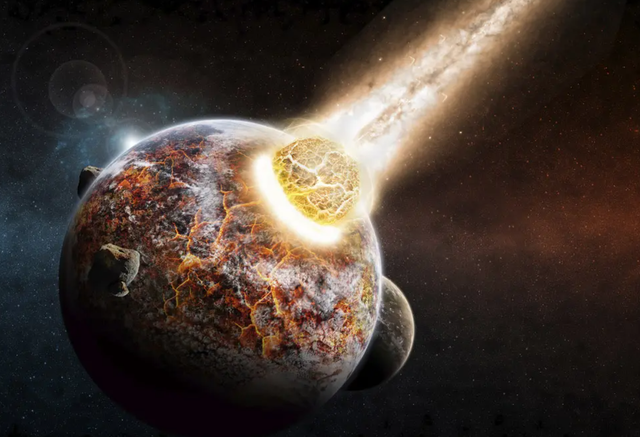
Climate warming
Over the years, we have often talked about warming, and some of you may think that warming is a "False proposition", because after all these years, we have not seen a dramatic increase in the earth's temperature. In fact, warming is a long-term accumulation process, not a sudden change in temperature in a short period of time. It may be difficult to notice a difference in temperature in a short period of time, but when compared to the historical average of the same period, we will find that the average temperature of the earth is now higher than before. Before the industrial revolution, we did not have a great impact on the earth's environment, but after the industrial revolution, we exploited fossil fuels, releasing large amounts of carbon dioxide and methane into the atmosphere, and these greenhouse gases accumulated in the atmosphere, creating the greenhouse effect, which prevented heat from escaping from the earth's surface and eventually led to an increase in the earth's temperature. So it is by reference to a comparison with the temperature levels before and after the industrial revolution that we can determine whether the temperature is rising now.
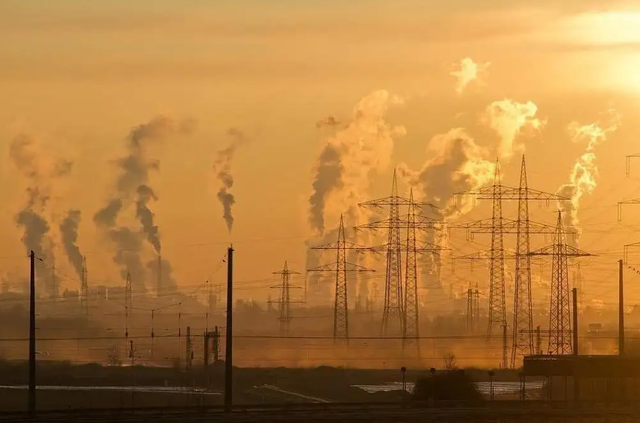
So, warming is not about how much warmer it is this year than last year, but about the difference between the global average temperature and that before and after the industrial revolution, and with all the changes in the earth's temperature, a whole range of problems may arise in the earth's environment. This is because warming brings not only rising temperatures, but also a series of severe weather events, such as rare droughts, floods, accelerated glacier melting rates and other disasters, which may eventually lead to raging wildfires and rising sea levels, all of which affect, in fact, us humans ourselves. If the warming trend is not controlled, the average temperature of the earth will continue to rise in the future, and if it gets out of hand, our home planet may become a "Fireball" And become uninhabitable, and many creatures may face the risk of extinction.
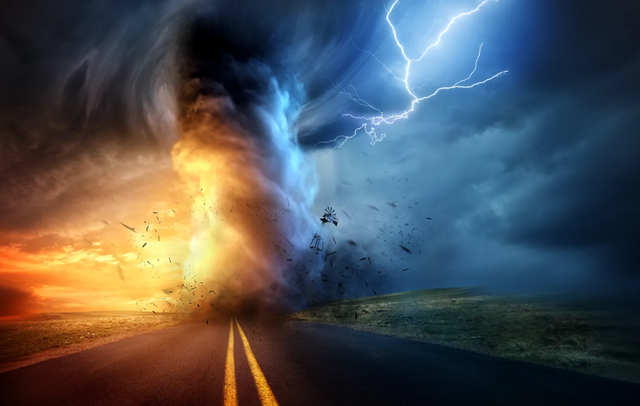
Some scientists believe that global warming is a very serious threat to species diversity, and that the current rise in global temperatures is already posing a significant threat to the survival of many species. If global temperatures continue at their current rate of increase, many species may face extinction in the future due to warming oceans, desertification of the land and the inability to adapt to the new climate. We humans, as part of the earth's ecosystem, are naturally not immune to desertification and rising sea levels, which threaten our habitat. If sea levels continue to rise, these coastal areas will be submerged and human development will be threatened.
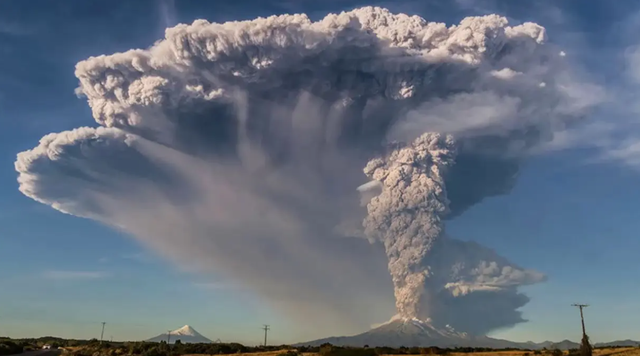
Super volcanic eruptions
When it comes to volcanic eruptions, no one is a stranger to them, as the earth has many active volcanoes, some of which occasionally erupt. Earlier this year, an undersea volcano in the south pacific island nation of tonga erupted, and this eruption sparked worldwide concern, with various rumours appearing on the internet at the time, with some netizens even claiming that the tonga eruption could lead to a "Year without a summer", and could even lead to a global " Food production" Worldwide.
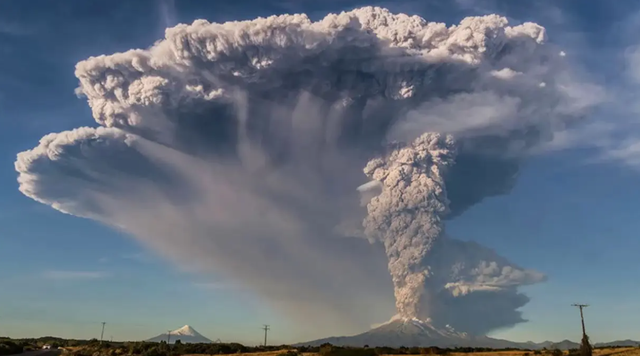
The threat posed by volcanic eruptions varies from one level to another. We usually use the vei as a measure of the intensity of volcanic eruptions, and there are eight levels, with each level increasing the energy released by the eruption by a factor of 10.
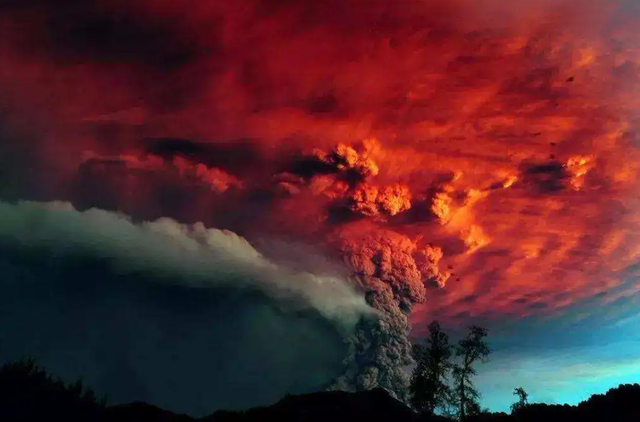
The year 1816 was indeed a 'year without summer', when the average temperature of the earth was abnormally low, and the sudden and abnormally low temperatures caused many farmlands to lose their yields and even their harvests. The culprit for the 'year without a summer' was the 1815 eruption of the tambora volcano in indonesia, which reached a vei7 rating and spread ash around the globe as it flowed through the atmosphere.
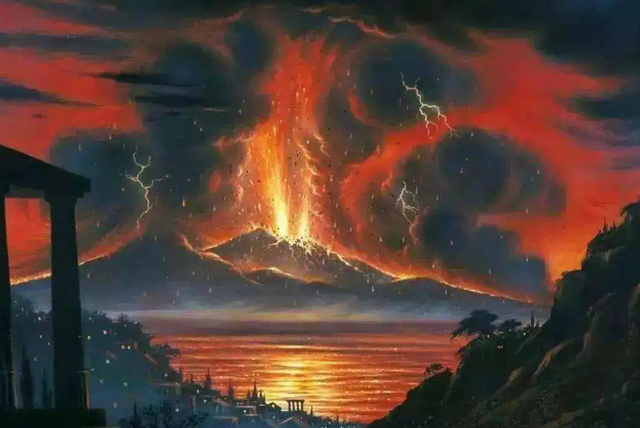
As you can see, super-volcanic eruptions can have a really big impact on human civilisation, but they are also not very likely, and many of them are actually of relatively low magnitude. Although the intensity level of the tonga eruption earlier this year has not yet been determined, it is safe to say that it was much smaller in intensity and scale than the tambora eruption of 1815, which ejected only about one percent of the material from tambora.

The tambora eruption in indonesia in 1815 was not even the highest level, but it was enough to affect global temperatures, causing a "Summer without ice" In the northern hemisphere, when tens of thousands of people lost their lives to starvation and other problems. The threat of a higher level eruption would be even greater, and indeed there have been super-volcanic eruptions of vei magnitude throughout history.
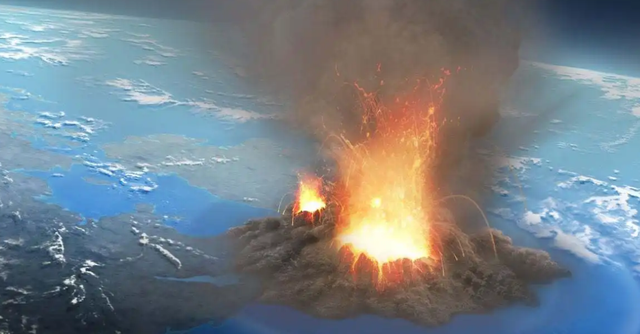
From 1.2 million years ago to 74,000 years ago, mount toba on the northern island of sumatra erupted four times, with the last eruption occurring about 74,000 years ago, when ash from this volcano covered the sky for several years, leading to an ice age of 1,800 years. Scientists believe that nearly 60% of all species on earth died out at that time, and that humans at the time were once in danger of extinction, but we humans survived.
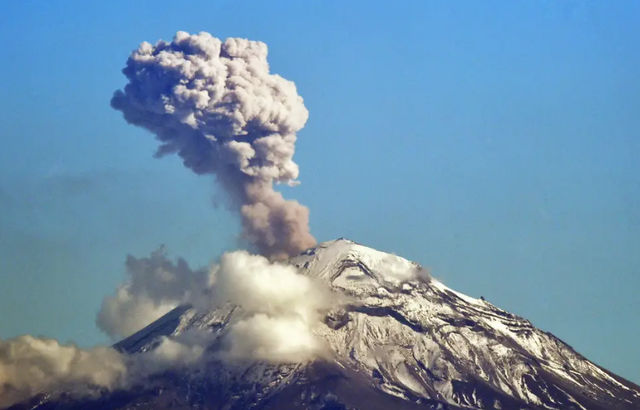
All 3 of these potential threats could lead to the extinction of the human race, and one is more terrifying than the other. We may not see an asteroid impact on the earth or a super volcanic eruption in the near future, neither of these threats will affect human survival in the near future, after all the probability of an asteroid impact on the earth and a super volcanic eruption is very low. Warming, on the other hand, is a gradual process, and the earth is indeed experiencing warming, and if we don't solve it well, then we may face more challenges in the future. So, rather than spending time in the future trying to deal with the various disasters that warming will bring, it is better to tackle these problems at the source now, for example by taking measures to mitigate the warming trend, so that we will be less threatened by it.


